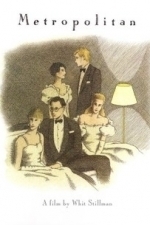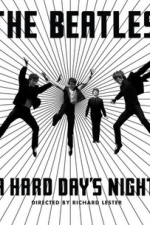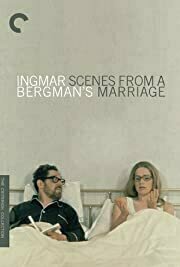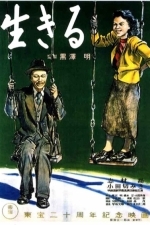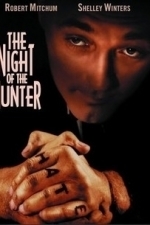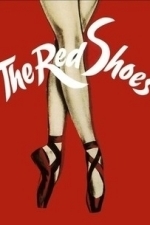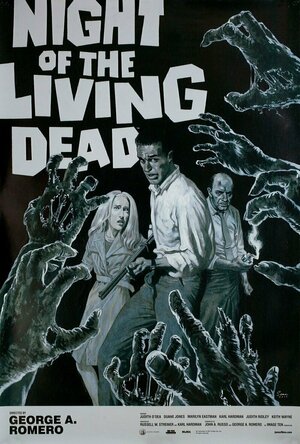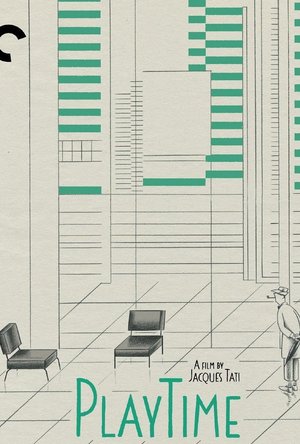Search
Search results
Sloane Crosley recommended Metropolitan (1990) in Movies (curated)
Chris Columbus recommended A Hard Day's Night (1964) in Movies (curated)
Alex Wolff recommended Scenes from a Marriage (1973) in Movies (curated)
Kazu Kibuishi recommended Ikiru (1952) in Movies (curated)
Jeremy Workman recommended The Night of the Hunter (1955) in Movies (curated)
Allison Anders recommended The Red Shoes (1948) in Movies (curated)
Otway93 (580 KP) rated Night of the Living Dead (1968) in Movies
Oct 1, 2022
Acting (4 more)
Soundtrack
Characters
Ending
Genuinely Frightening
Almost the perfect horror movie!
This film is basically a horror masterpiece, with it's only downside being some of the worst movie punches I've ever seen near the ending. These are barely worth mentioning but this is the only downside I could find apart from all the clichés, which this movie invented anyway, so you can hardly count that against it!
The story is of course typical, but with a little bit of a science-fiction element I wasn't aware of, so that was a nice surprise! But it is worth mentioning the small, enclosed setting which makes the film all that much scarier and makes it a genuinely frightening movie.
All of the actors played their parts to perfection, and the perfect blend of different character traits among the 6 main characters provides the film with another layer of horror.
The soundtrack is beautiful. An unusual score consisting of strings, horns and synthesisers, all at different times. It is reminiscent of 1950s and early 1960s Kaiju films.
Finally, the ending. The ending is a masterpiece, and certainly not the typical zombie ending. I'll leave it there to leave the "surprise" intact.
Overall, apart from the aforementioned punches, a total masterpiece, and I can't wait to watch Dawn of the Dead when it arrives!
P.S. The original quality of the film is quite poor, but the 4K remaster is stunning, so I definitely recommend the Criterion Collection 4K remaster as the film quality is dramatically improved.
The story is of course typical, but with a little bit of a science-fiction element I wasn't aware of, so that was a nice surprise! But it is worth mentioning the small, enclosed setting which makes the film all that much scarier and makes it a genuinely frightening movie.
All of the actors played their parts to perfection, and the perfect blend of different character traits among the 6 main characters provides the film with another layer of horror.
The soundtrack is beautiful. An unusual score consisting of strings, horns and synthesisers, all at different times. It is reminiscent of 1950s and early 1960s Kaiju films.
Finally, the ending. The ending is a masterpiece, and certainly not the typical zombie ending. I'll leave it there to leave the "surprise" intact.
Overall, apart from the aforementioned punches, a total masterpiece, and I can't wait to watch Dawn of the Dead when it arrives!
P.S. The original quality of the film is quite poor, but the 4K remaster is stunning, so I definitely recommend the Criterion Collection 4K remaster as the film quality is dramatically improved.
